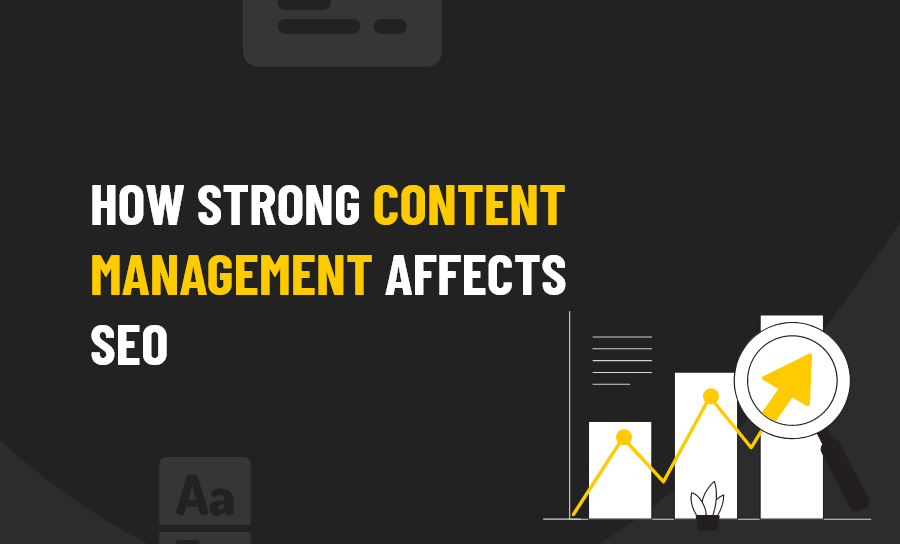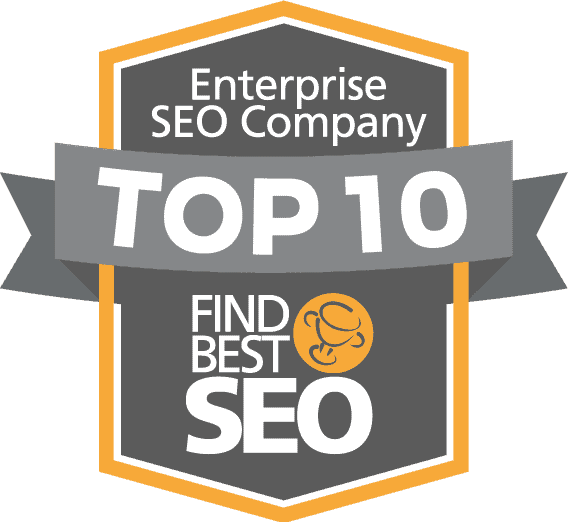The way Google monitors and measures websites has altered substantially in recent years, meaning search optimisation methods have changed. The quality of your content is now vital to your page ranking. Some of the outdated techniques that are still in use can actually be counterproductive.
This article looks in detail at the link between good content management and SEO.
The Evolution of SEO
Search Engine Optimisation is now irrevocably tied up with Google and the algorithms used by this technology giant to monitor and measure the quality of websites.
At one time, the ways to get high rankings on search engines were pretty basic. It was common to pack web pages with as many searchable words and phrases as you could “cram in”. Remember those blocks of text on home pages, simply repeating every searchable term possible?
Multiple duplications of keywords throughout web text and meta tags were also common practice, leading to similar content in various site locations.
As links in and out were also important, “link building” was a frenzied activity. There were even “link warehouses”. These were websites created simply to store different external links, to fool Google’s algorithms into seeing lots of dynamic online activity.
However, Google’s page ranking algorithms and web crawlers (sometimes referred to as ‘spiders’ or ‘spider bots’) brought about a transformation in the way digital information could be processed. In various updates, Google took measures to render artificial and nefarious practices obsolete. This ran in tandem with such steps as improving the ways it reviewed localised content, and of course, creating money-spinning new ways of boosting SEO.
The two most significant Google updates – known as Panda and Penguin – really drilled down on content farms and other low-quality web material. There’s more on the history of SEO here.
In 2019, such things as keyword stuffing replicated copy and empty links can now be penalised, reducing your page ranking!
Instead, Google places high value on fresh, dynamic and genuinely informative material in ranking sites for Search Engine Result Pages (SERP). This has brought Content Management to the fore.
What does Content Management involve in relation to SEO?
Top SEO consultants will all tell you that the three main strands of SEO are now:
• On-page design and build
• Off-page support elements
• Avoiding violations (including the sort of spam type activities referred to above.
On-page influences are under the control of the site owner, and the SEO expert they commission. They largely revolve around the quality of the content and how it’s laid out.
Which makes perfect sense when you consider that your customers are searching for information – or content. So, answering their questions and supplying context for their searches is vital.
To be effective, website content must be planned and delivered in a considered, and strategic way, that makes sure your site is;
• Valued by Google web crawlers
• Easy for customers to find and engage with.
An effective content management plan underpins this and dovetails with content marketing. Content marketing is the process of using your digital posts and uploads for effective lead attraction and conversion. Moz has an excellent overview of Content Marketing for beginners.
Beyond fuelling your digital marketing, the more nuts and bolts side of content management includes such things as:
• Using good titles on pages
• Structuring content in an easy to scan format
• Using keywords in context and in a natural manner
• Creating descriptive links on your site.
Having a strong Content management strategy also provides you with a blueprint for how you are going to update, refresh and restructure your content regularly. This is important as a static website is unlikely to get you a strong position on search pages.
Insights on good Content Management and WCMS
Regularly updated website content – including new blogs and links with your social media activity – builds your dynamic and measurable digital profile. Careful attention also needs to be given to the main body text on your site, which should also be regularly audited and refreshed.
One of the most important elements of modern SEO is having content that is genuinely of value – rather than words for the sake of words. This serves two primary functions. One is that it is ranked more highly by Google algorithms. The other is that it is commercial good sense!
If your site visitors are provided with clear, interesting information that positions your product or service benefits, the impact is more assured with their attention engaged and their interest peaked. Visitors enjoy better user experience and move forward to complete transactions, or they come back to your site at a later date.
This makes it imperative to commission or progress well-written website content. Something that a web content management system (WCMS) can support, but not replicate.
A WCMS is more about the architecture of your website, the way in which material you post is laid out. This includes placing content for ease of navigation, creating site maps and building links. All of which make your website more “crawlable” as Google spider bots travel across it.
However, out of the box solutions are not effective without the intuitive quality control provided by an SEO expert. Particularly as fresh and well-planned content is still so pivotal, and beyond the capabilities of even the best WCMSs.
The importance of fresh Content on and off-page
Finally, another highly important insight into the link between content management and SEO is that you must avoid duplication.
This is not just repetitive keywords stuffed on your own site. To be effective in SEO, you can’t have the same content on different websites. This confuses search engines and can lead them to ignore both sets of identical information under different website addresses (URLs).
This is a good reason to engage an SEO specialist London organisations can use to sort through such anomalies and create page indexes. Incidentally, having translated content on your website (in two or more languages) is also sometimes a tricky requirement, that SEO specialists can help with.
Key points on making Content SEO supportive
In summary, check what you upload online in terms of:
a) Natural assimilation of keywords and phrases
b) Genuine interest and quality values
c) No duplication
d) Intelligent use of links
e) Strong synergy between social media and website content
f) Regular audits and cleanups
g) Constant updates and fresh material
Appointing an SEO marketing consultant who fully understands both your business and the importance of good content is not always easy. This blog provides insights on some of the issues to look out for during pitches.








